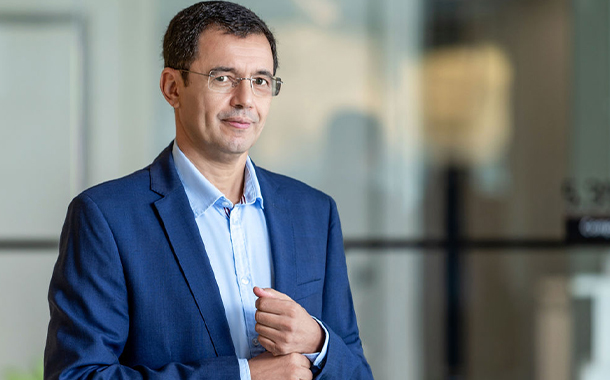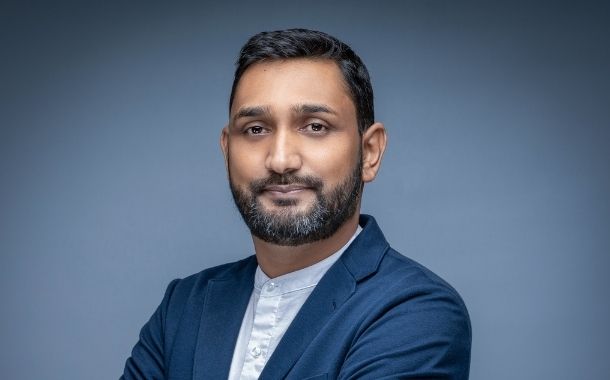Natural language processing and facial recognition technologies have the potential to boost productivity, streamline operations, provide insights, and drive competition, explains Heriot-Watt University Dubai’s Dr Neamat El Gayar.
What are the typical use cases of the language processing and face recognition technologies?
Most people interact with natural language processing, NLP, technology on a daily basis while using search engines, translation tools and voice assistants. Potential applications show how NLP can boost productivity, streamline operations, provide insights, and drive competition. For instance, NLP can make customer service more efficient, especially in the case of e-commerce companies. NLP-powered chatbots offer an opportunity to remove people from dull, routine tasks and instead utilise them for more complex queries.
Facial recognition technology holds the potential to optimise operations and improve customer experience in a wide array of industries that include retail, self-service and checkout; banking and finance, fraud prevention; education, attendance tracking; hospitality, automated check-ins; healthcare, crowd management, and many more. This can be incredibly pivotal in healthcare. In particular, facial monitoring and eye-tracking along with AI can offer a quick and more accurate diagnosis and also serve as an extension to a healthcare provider’s expertise.
In which market segments have we seen rapid and beneficial adoption of these technologies?
Law enforcement agencies are increasingly relying on facial recognition technologies particularly in terms of information gathering, criminal identification, and verification. In the corporate world, many organisations are also opting for face biometrics instead of fingerprint scanners to record employee attendance and hours; this is especially relevant in the current times when contact-based systems are best avoided.
IT and telecom, automotive, defence, and aerospace are some of the key industries that currently depend on NLP for various applications. Customer service centres are gradually adopting NLP technology for improving customer experience. NLP is mainly used in extraction of information and machine translation.
What are the current limitations of these technologies and the reasons for these limitations?
Poor image quality weakens facial recognition’s effectiveness. Additionally, when a face-detection algorithm locates a face in an image or video, the relative size of that face contrasted with the background image size affects how well the face will be recognised.
With respect to NLP, the main challenge is the understanding and modelling of elements within a variable context. In human natural language, words are unique but can have different meanings depending on the context resulting in ambiguity on the lexical, syntactic, and semantic levels; Google Translate is one such example. Although it is a widely accessible NLP-based app that helps cross the language divide while travelling, it is not hundred percent reliable in the case of formal translations, legal documents for example, and therefore Google Translate cannot replace human translators anytime soon.
Both NLP and face recognition are computationally expensive techniques that often require abundant resources to efficiently run advanced machine learning models like deep learning and store data efficiently.




















